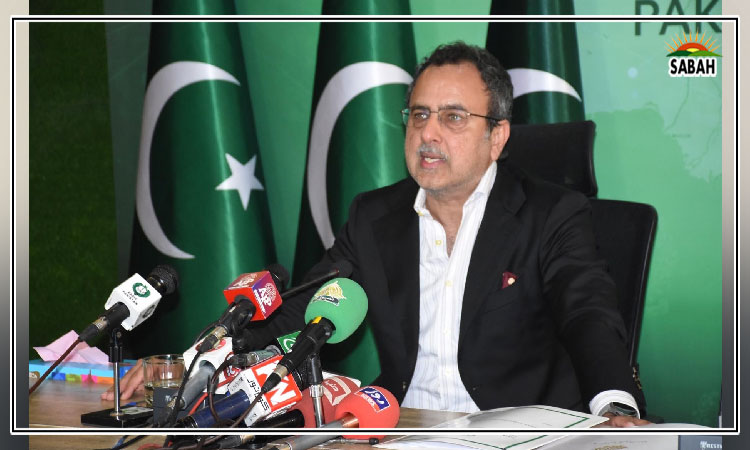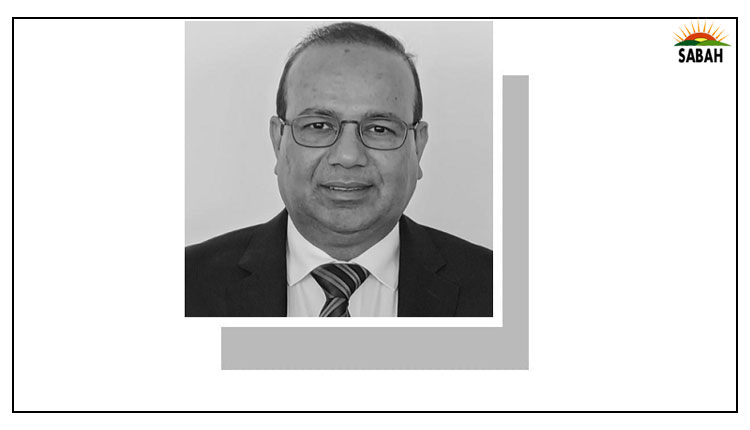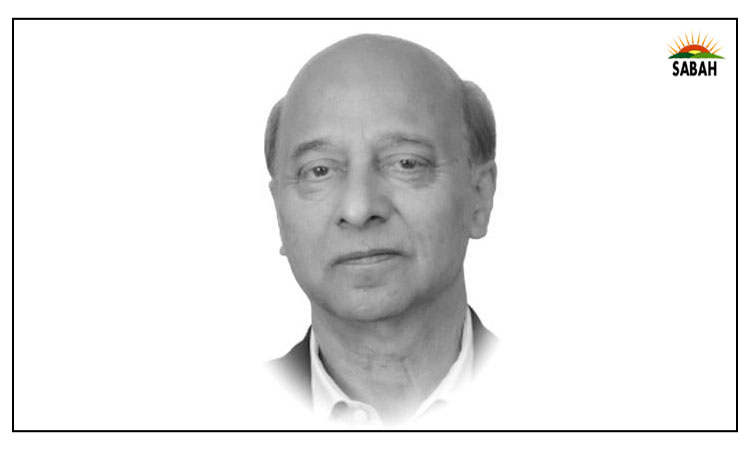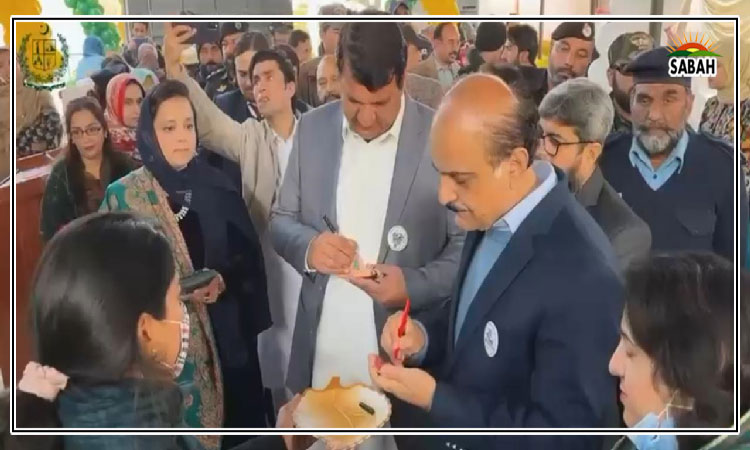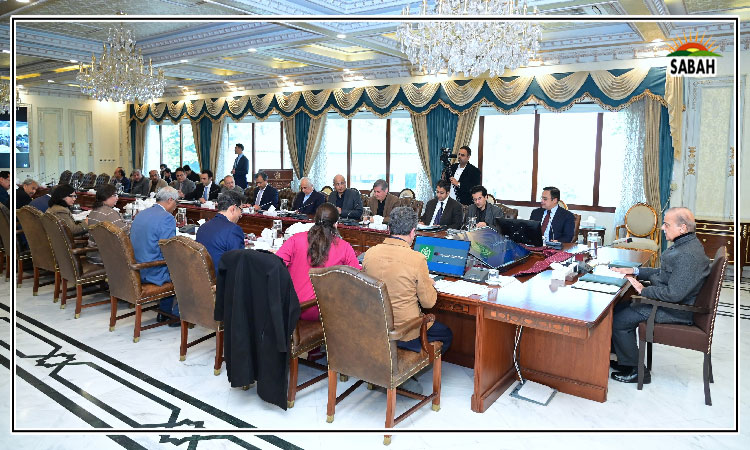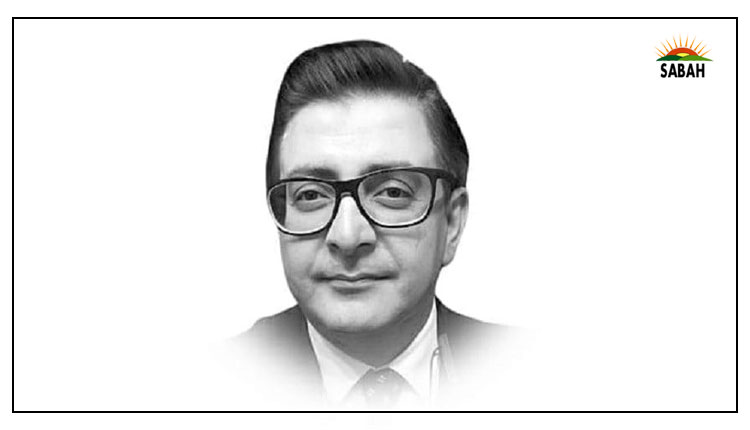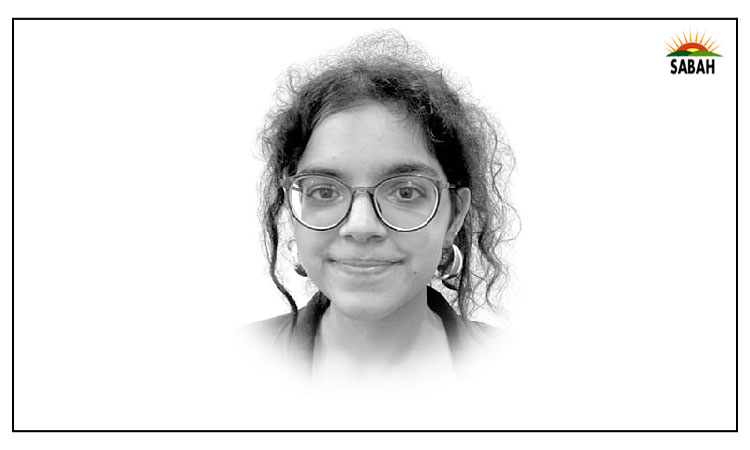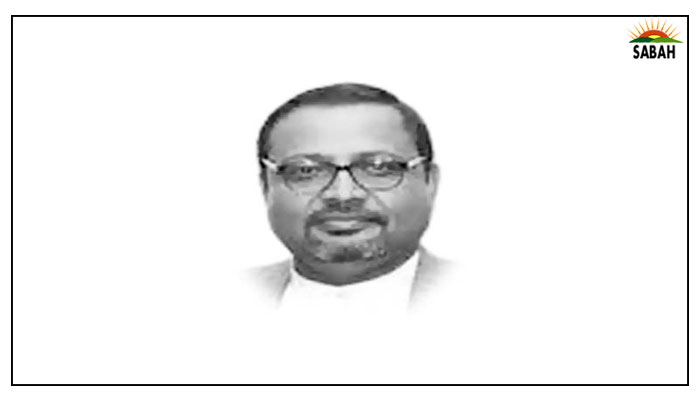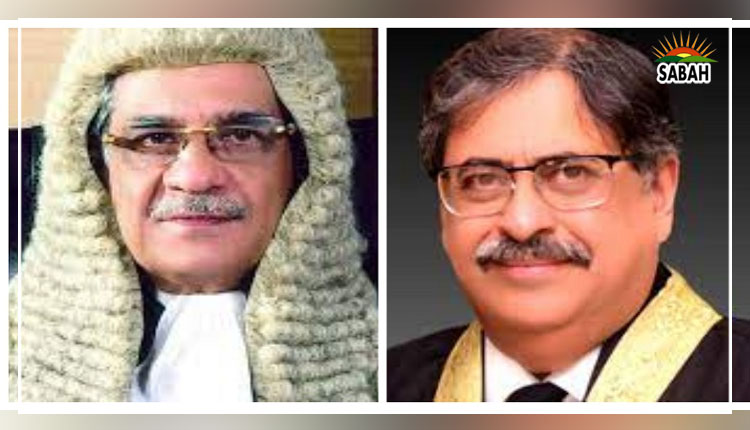Mian Saqib Nisar audio leak: Why should court take action when involved parties have not pursued it, asks IHC CJ Athar Minallah
ISLAMABAD, Dec 08 (SABAH): Islamabad High Court (IHC) Chief Justice Athar Minallah on Wednesday questioned why the court should order an inquiry into an alleged audiotape of former chief justice of Pakistan (CJP) Mian Saqib Nisar when the top PML-N leadership whom it concerns have not approached the court themselves.
He made these remarks while hearing arguments on the maintainability of a petition seeking the formation of an independent commission to ascertain the authenticity of an alleged audio of Nisar and probe certain events before and after former prime minister Nawaz Sharif’s conviction.
The petition has been jointly filed by Salahuddin Ahmed Advocate, president of the Sindh High Court Bar Association, and Syed Haider Imam Rizvi, a member of the Judicial Commission (Sindh).
During Wednesday’s hearing, Justice Athar Minallah asked the AGP Barrister Khalid Jawed Khan who the court should issue orders to regarding an inquiry.
Khan responded that the petition had been filed under Article 199-C of the Constitution — that relates to a high court’s jurisdiction in cases regarding enforcement of fundamental rights.
“It seems like they (petitioners) have filed a proxy petition. A perception should not be given that the petitioners are arguing someone else’s case,” he said, adding that sometimes people did not know when they were being used.
“This is the season of harassing and pressuring judges. Sometimes an audio, sometimes some concocted affidavit is released,” the attorney general said, referring to an affidavit by former Gilgit-Baltistan chief justice Rana Shamim in which he accused ex-CJP Nisar of colluding to deny bails to Nawaz and Maryam before general elections 2018.
The petitioner had mentioned events of 2017, the AGP continued — talking about a letter mentioned in the petition that alleged the then-chairman of the Securities and Exchange Commission of Pakistan (SECP) had received a call from a United States number to include the name of Bilal Rasool in the Joint Investigation Team (JIT) constituted by the Supreme Court to look into the assets of Nawaz and his family.
There was a prime minister (Zulfiqar Ali Bhutto) who was hanged on the court’s orders, AGP Khan said. “Former prime minister] Benazir Bhutto’s government was not restored but another one was. Briefcases full [of cash] were also given in the past.”
If the petitioners wanted to conduct inquiries into past events, they should amend their petition, Khan argued. “Why should we go only till 2017? Let’s go to [the tenure of] Zulfiqar Ali Bhutto,” he said.
Recalling events from the PML-N and PPP governments, the attorney general said it should be found out why Justice Sajjad Ali Shah, who was appointed the chief justice in 1994, was removed from his post. “Who were the suitcases full of money going to? Let us do accountability of all those who are alive,” he argued.
“Why are people choosing only one prime minister and coming to court as their proxy? One chief minister called a judge and the [court’s] decision was declared void but action was not taken against anyone. Thousands of people are left unemployed (after an SC order) but no videos come from them.”
Everybody was claiming that they had videos these days, Khan said. “Today is the day of accountability,” he added.
Criticising the conduct of bar associations, the AGP recalled that lawyers had tortured a district court judge in Mandi Bahauddin while elsewhere, they had shouted slogans against the chief justice on the court premises.
For his part, Salahuddin Ahmed — president of the Sindh High Court Bar Association and one of the petitioners — said the court could look at Prime Minister Imran Khan’s statements against the judiciary.
“It is said to either do accountability of last 70 years or not at all to divert attention.”
At this, the attorney general countered that all matters of the past could be sent to the parliament.
“An appeal is being heard in this high court. That one appeal has perplexed the entire judiciary,” he added, referring to Maryam Nawaz’s appeal against her conviction in the Avenfield reference.
While acknowledging that those whose cases would be affected by the alleged audiotape had not approached the court, Ahmed said his stance was that courts were being made controversial. The judiciary could stop that from happening by ordering an inquiry, he added.
The IHC chief justice observed that any audio or video could be constructed in today’s age of advanced technology. “Anybody can make an audio and ask for investigation. What effect would it have on ongoing appeals if we order an inquiry into this audiotape?” he questioned.
The attorney general contended without naming Maryam that all matters were related to one appeal, iterating that a “proxy war” was being fought for one case. He said he was willing to file an amended petition himself, seeking accountability of past incidents.
Ahmed countered that if the attorney general wanted, he could get accountability of past incidents done through the government, asking why there was a need to connect this petition to those incidents.
Referring to the case related to the ex-GB judge’s affidavit, the lawyer said the petition related to the audiotape could be heard too.
Justice Minallah noted, however, that the matter of the affidavit was different because the person concerned — Rana Shamim — had himself approached the court. “You’re unsure yourself about the [authenticity of] the audiotape you’re mentioning. A commission can be formed when there are grounds.
“The people who have cases [which could be affected by it] have not brought the audiotape to the court. Why should we [take action]? Is there anyone to take ownership of the audiotape?” he questioned.
The attorney general asked Ahmed to amend his petition to include such incidents in the past as well, vowing to take the matter to parliament himself. The court adjourned the hearing till December 24.


